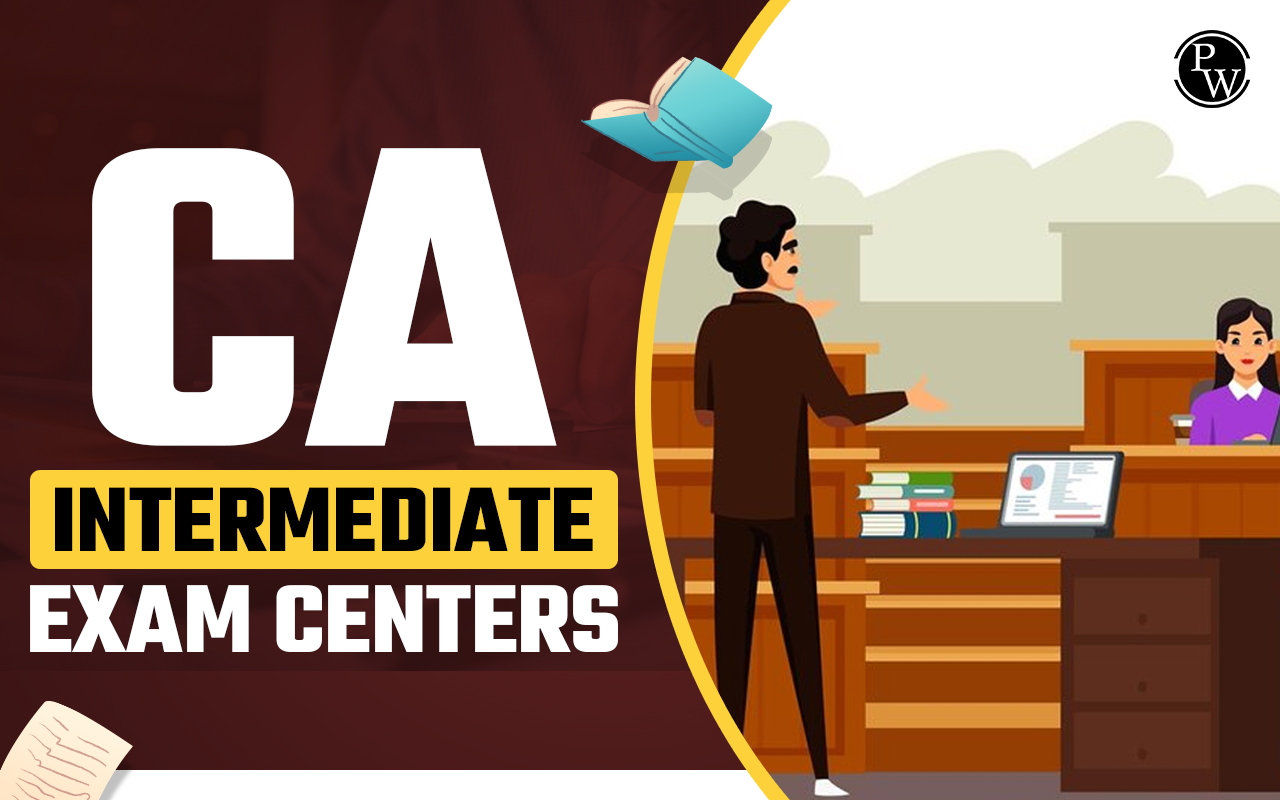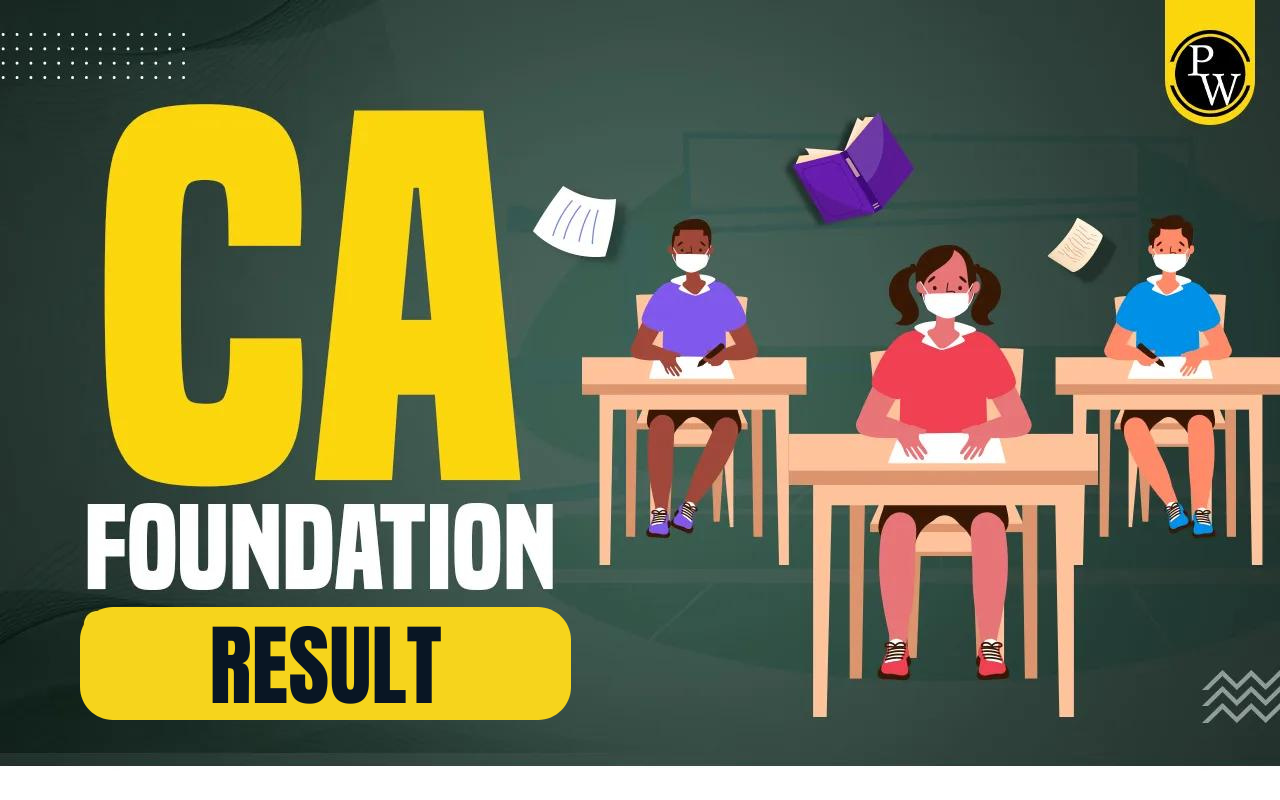
Market Failure: When businesses and consumers make decisions based on their interests, it can sometimes lead to negative consequences for the overall market. These negative impacts are known as market failures. However, various ways exist to address these problems and build a fairer economy and society. This article will explain market failure for CA exams , explore the different types, and discuss potential solutions to resolve them.
What is Market Failure?
Market failure is when goods and services are not distributed efficiently within the free market. It occurs when individuals make decisions based on their self-interest, which may not benefit the market as a whole. This leads to a mismatch between the supply of goods and services and the demand for them. As a result, the market operates less efficiently, with individuals incurring higher costs and receiving fewer benefits than they would if decisions were made collectively. Market failure is an economically inefficient condition. There are two types of market failures:Complete Market Failure : This occurs when a market fails to supply certain goods or services altogether.
Partial Market Failure : This happens when a market exists but provides the wrong quantity or price for a product.
While market failure is typically discussed in the context of consumer markets, it can also apply to other systems of exchange, such as legislation and elections. For instance, if a minimum wage increase is enacted, some companies may only hire highly experienced workers. While this benefits those companies, it limits job opportunities for younger individuals, recent college graduates, and low-skilled workers seeking experience. In such cases, the government may step in to create exceptions for these groups, helping them find work.Types of Market Failure
Market failures can arise from various factors, each contributing to economic inefficiency. The following are the key types:Asymmetric or Imperfect Information
Market failure occurs when buyers, sellers, or both have inaccurate information, leading to incorrect pricing of goods or services. Buyers may overpay or underpay, while sellers might sell at unfavorable prices due to lacking information.Concentrated Consumer Market Power
This happens when a small group of consumers, or a single large buyer, can control prices, disrupting the normal supply and demand balance. Known as a monopsony or oligopsony, this power enables buyers to push prices lower, which harms the market.Abuse of Monopoly Power
Monopolies, or dominant companies with little competition, can manipulate prices by restricting supply. This creates artificial scarcity, allowing them to charge higher prices and maximize profits at the expense of consumers.Positive Externalities
Positive externalities occur when the benefits of a good or service extend beyond the immediate consumer. For example, a strong education system benefits society by creating a more skilled workforce, which is beneficial beyond individual students.Negative Externalities
Negative externalities happen when the actions of individuals or firms negatively impact others. A classic example is pollution: while a factory benefits from production, nearby residents suffer from air or water pollution.Environmental Concerns
When production or consumption harms the environment, it leads to market failure. This often occurs when businesses prioritize short-term profits over sustainable practices, causing pollution or over-exploitation of resources.Lack of Public Goods
Public goods are services or resources that are non-excludable and non-rivalrous, meaning they can be used by many people without reducing availability. Market failure occurs when these goods, like clean air or public education, are underproduced because there is little incentive for private companies to provide them.Equity and Fairness Issues
Market failure can also result in inequality when the system disproportionately benefits higher-income individuals. This creates barriers for lower-income people, reducing access to essential goods and services, further exacerbating social disparities.Factor Immobility
Factor immobility happens when labor or capital can't easily move between locations or industries, leading to inefficiency. This could be due to geographic barriers or lack of skills, contributing to higher unemployment or underutilized resources.Underproduction of Merit Goods
Merit goods, like education and healthcare, are often underproduced because their societal benefits are undervalued. When these goods are not provided in sufficient quantities, society misses out on essential resources that can improve overall well-being.Overprovision of Demerit Goods
Demerit goods, such as tobacco and alcohol, are often overused despite their negative societal impacts. This overconsumption can lead to health and social problems, prompting the need for government intervention to regulate their availability.Productive or Allocative Inefficiency
This occurs when markets cannot efficiently produce goods or allocate resources. Scarcity of resources can lead to panic buying or price distortions, harming both consumers and businesses by preventing fair market prices and efficient production.Property Rights
The absence or misallocation of property rights can disrupt the market's efficiency. When ownership is unclear or restricted, it prevents the free exchange of goods and services, often resulting in economic inequality and inefficiency.Solutions for Market Failure
There are several solutions to address market failures, each aiming to correct inefficiencies and promote better outcomes for society. The following are some key strategies:Government Legislation
Governments can enact laws to correct market failures, especially when they involve harmful practices or behaviors. For instance, banning indoor smoking or imposing regulations to limit environmental damage are examples of how legal measures can address issues caused by market failure.Price Mechanism
Adjusting the prices of certain goods and services can influence consumer behavior. For example, raising taxes on cigarettes or alcohol can discourage consumption, thus reducing negative externalities and helping to correct market imbalances.Private Collective Actions
In some cases, private entities can come together to address market failures. This could involve businesses or consumers agreeing to voluntarily limit the consumption or production of certain goods that cause harm. These self-imposed rules or agreements can help reduce negative effects.Direct Provision for Public and Merit Goods
Governments often directly provide essential public and merit goods that may be underproduced by the market. These include services like education, healthcare, parks, and libraries, which benefit society and promote overall well-being.Taxation
Governments may impose taxes on harmful goods or services to discourage their consumption. For example, a "sin tax" on tobacco and alcohol increases their price, reducing consumption and mitigating the associated social costs.Subsidies
To encourage the consumption of goods that have positive externalities, governments may offer subsidies. By lowering the cost of goods like education, renewable energy, or healthcare, governments can make these services more accessible, thus benefiting society at large.Property Rights Extensions
Extending property rights can help resolve market failures related to natural resources. By privatizing commonly used resources like beaches, lakes, or rivers, individuals or companies can be held accountable for pollution, as they have a legal incentive to protect these areas.Tradable Permits
This approach involves issuing permits that limit the amount of harmful activities a company can engage in, such as carbon emissions or pollution. Companies can buy and sell these permits, creating a market-driven solution to control pollution and encourage environmentally friendly practices.International Government Cooperation
For global issues like climate change, international cooperation is essential. Governments from different countries can work together to address market failures that span national borders, such as reducing global pollution or regulating international trade to prevent harm to the environment.Advertising
Effective advertising campaigns can change consumer behavior and mitigate market failures. For example, public service announcements that highlight the health risks of smoking or the environmental impacts of excessive consumption can encourage individuals to make more informed and responsible decisions. These solutions can help correct market failures by either altering market dynamics, providing incentives for positive behavior, or regulating harmful practices. Each approach targets specific types of market failure and can be applied in different contexts to ensure a more efficient and equitable economy. Unlock your potential with PW CA Courses! Get expert guidance, comprehensive study materials, and personalized mentorship to help you succeed in your CA exams.| Also Check | |
| Tax Evasion | Optimal Capital Structure |
| Impact of Economic Policies on Businesses | Impact of Globalization on Local Economies |
| Marginal Costing | Benefits of Standard Costing in Manufacturing |
Market Failure FAQs
What causes market failure?
What are positive externalities?
How do subsidies help market failure?
What is the price mechanism in market failure?
Can international cooperation solve market failures?










